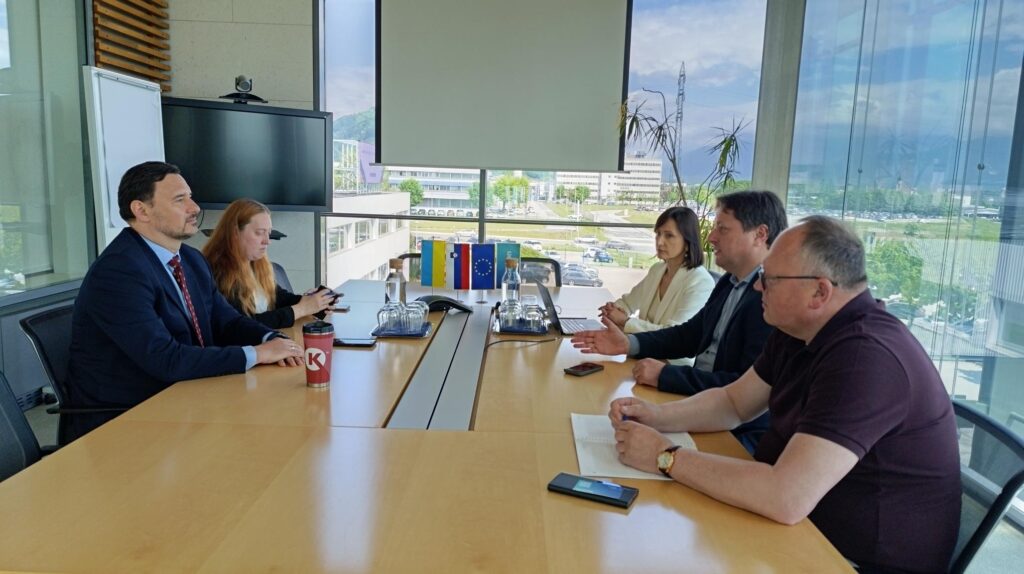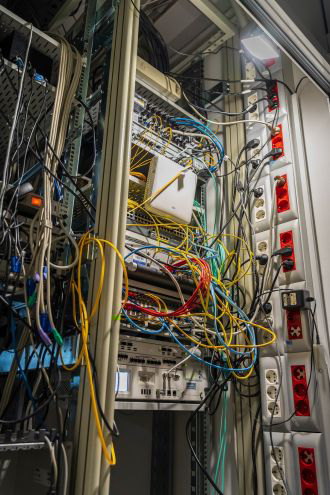Faculty of Electrical Engineering of the University of Ljubljana and S&T Iskratel with state-of-the-art 5G equipment for students and research
The modern equipment of the technical faculties is crucial for the education of the future man who will enter the digitalized labour market. They are aware of this at the Faculty of Electrical Engineering (FE) in Ljubljana, where they strive to provide students with high-quality education supported by the latest technologies. That is why they work closely with the business community and other stakeholders pursuing the goals of digitalizing society. This includes S&T Iskratel, which has provided the Faculty of Electrical Engineering with the software for the stand-alone 5G core network.
At the Telecommunications Laboratory of the Faculty of Electrical Engineering (Department of Information and Communication Technologies), together with Huawei, Telekom and the Public Research Agency of the Republic of Slovenia, they have set up a 5G research and test environment that will enable higher data transmission speeds, better reliability and energy efficiency.
Digital technology is having a powerful impact on the operation of critical enterprise infrastructure. 5G technology is spreading from public to private networks and will complement and replace other mobile technologies in the future. Private mobile networks give enterprises reliable, secure, and high-performance mobile communications, as well as control over data transmission and support for network operations under all conditions for mission-critical applications. “This is key to supporting digitization and ensuring the reliability and continuity of business operations. The transition to 5G private networks requires new competencies and business models. With this in mind, we are committed to developing a future person who can master increasingly powerful networks, who knows how to develop new innovative use cases for networks, and who can ensure a higher level of security for employees and critical infrastructure,” said Urban Zaletel, Head of 5G Development at S&T Iskratel.
The 5G system is part of a larger test and measurement environment at the Faculty of Electrical Engineering, where the infrastructure for measurement, testing and verification, as well as experimental research in the field of complex communication systems and services in modern communications is built.
The acquired equipment will provide students, researchers, professors, and other professionals with additional support for studies, project work and implementation of development and business ideas in the field of mobile information and communication technologies.
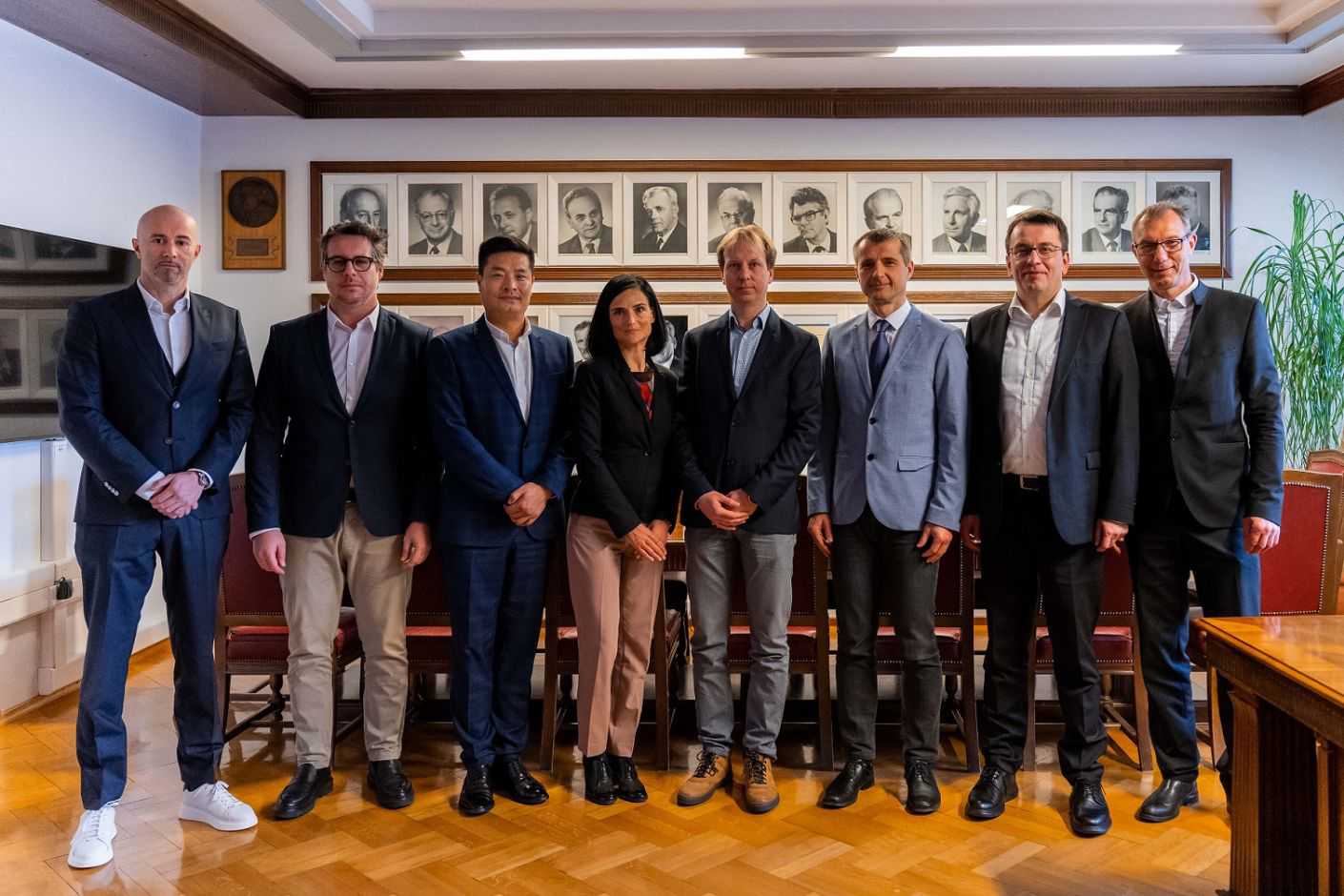
Related articles
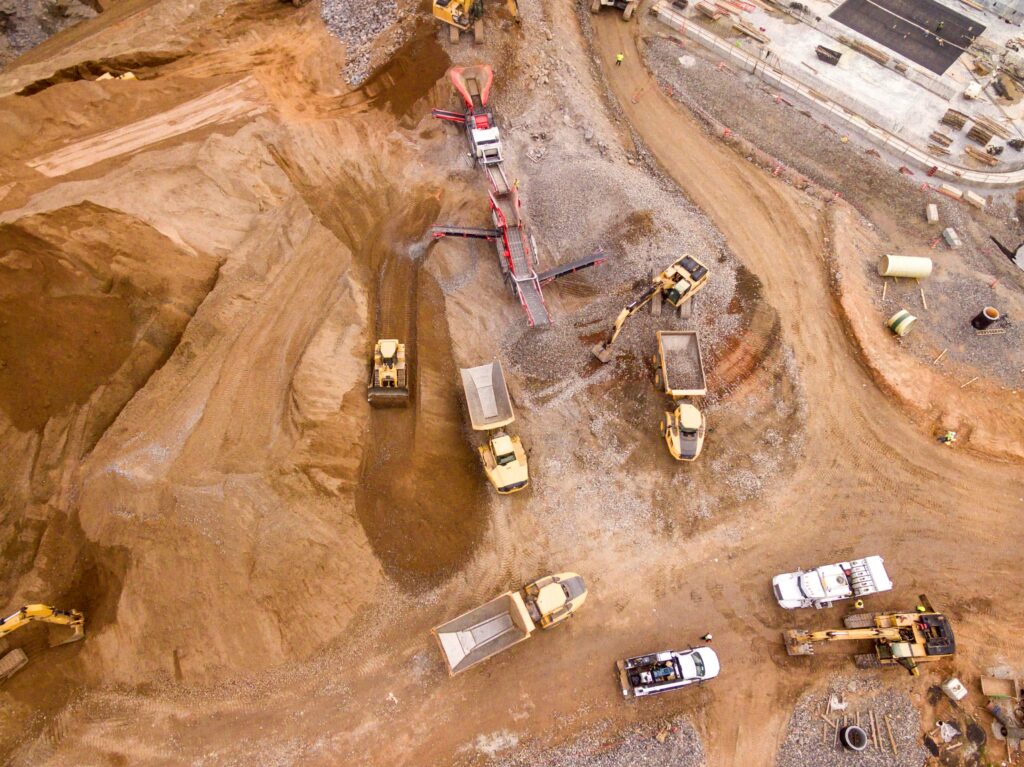
5G in Manufacturing: Kontron and Kazakhmys Join Forces to Accelerate Digital Transformation
Learn more
FullFibre Announces Strategic Partnership with Slovenia's Kontron for ONT Equipment
Learn more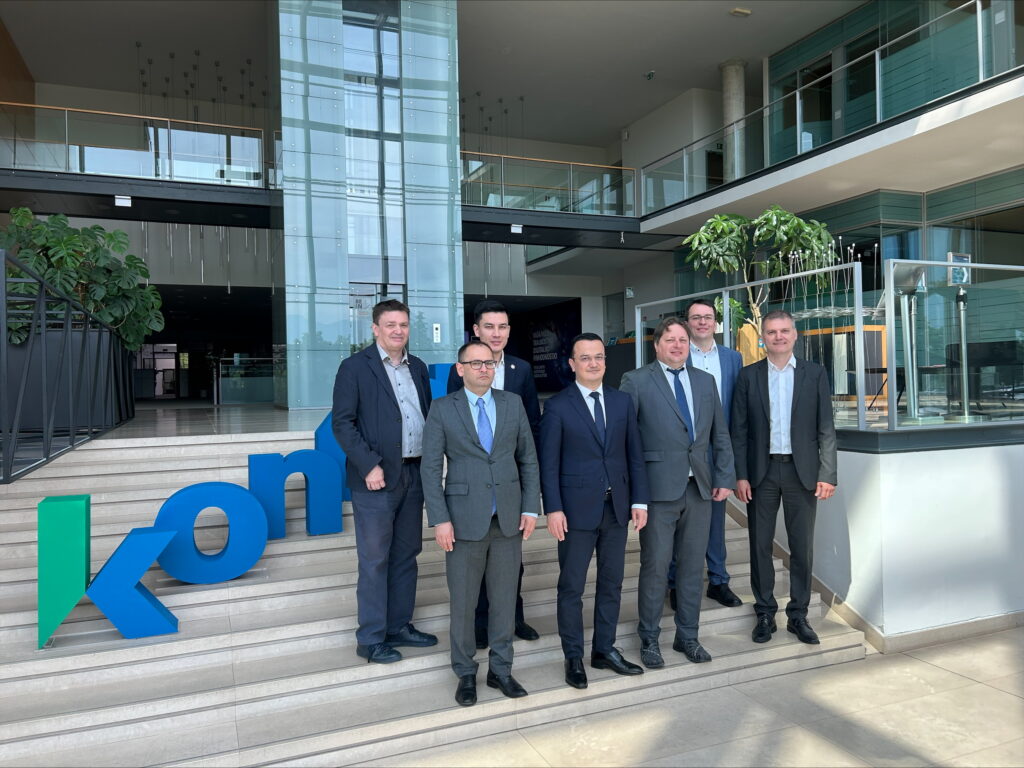
Uzbek Minister Laziz Kudratov visits Kontron
Learn more